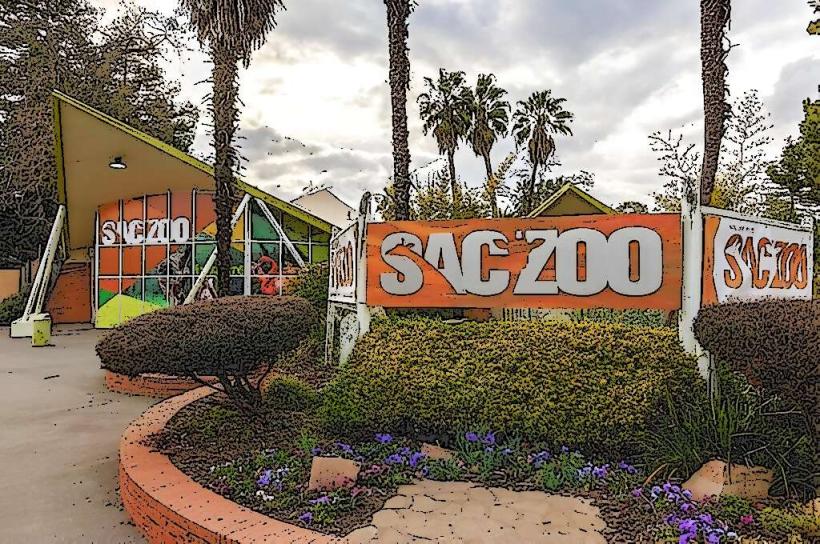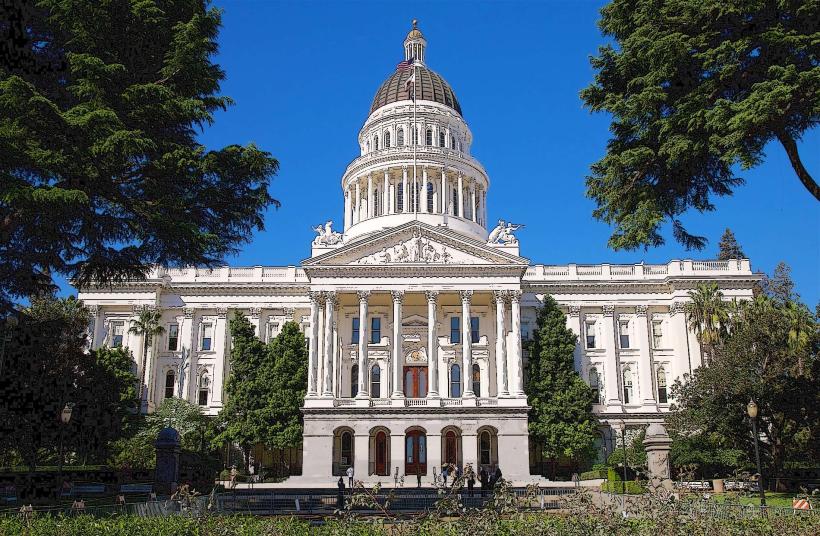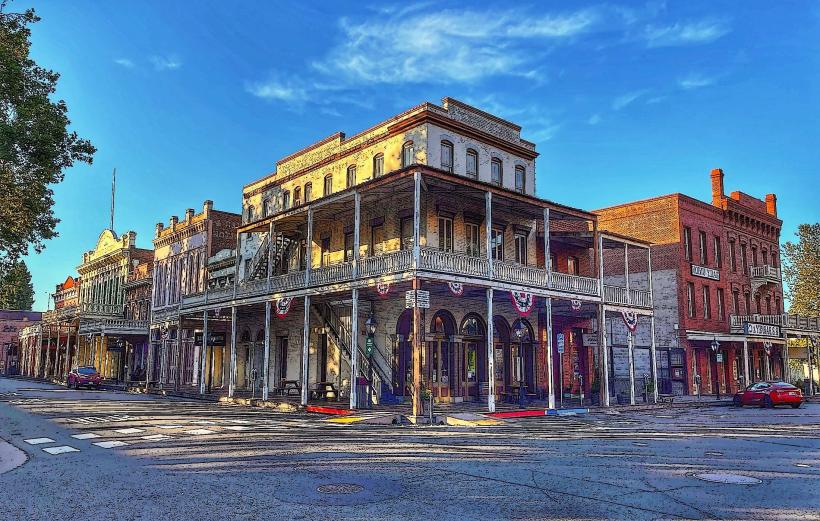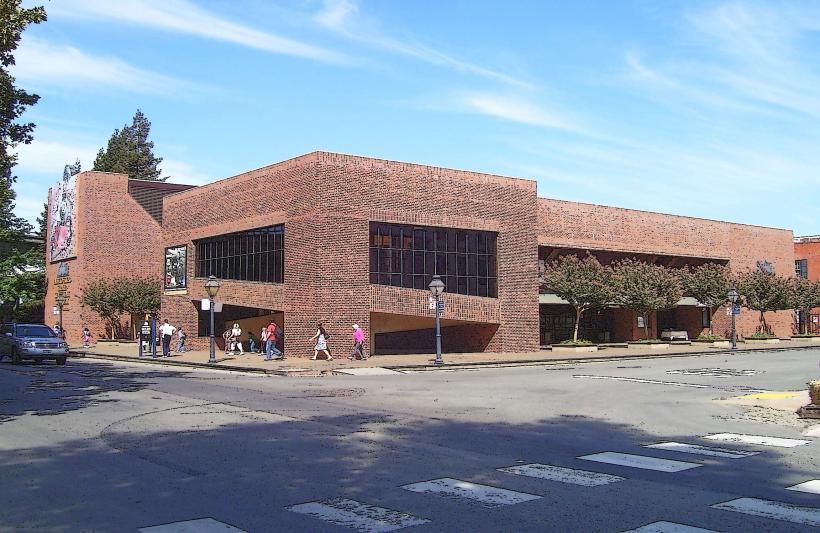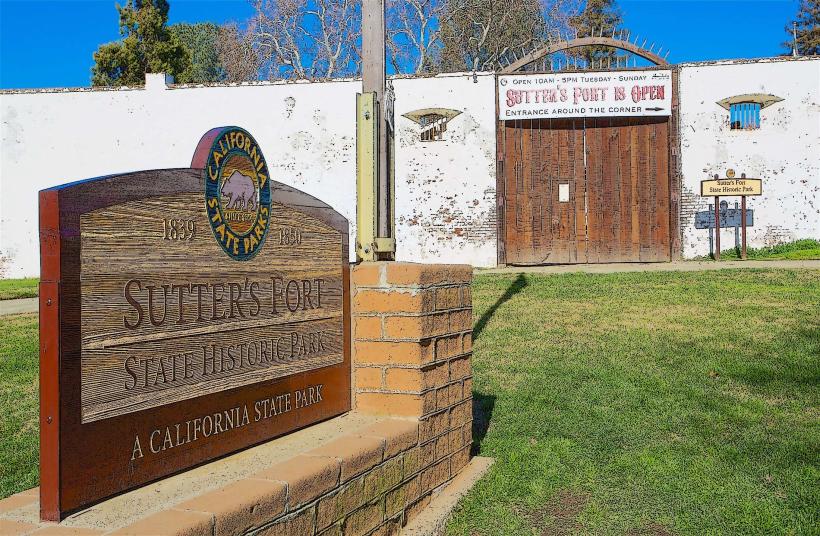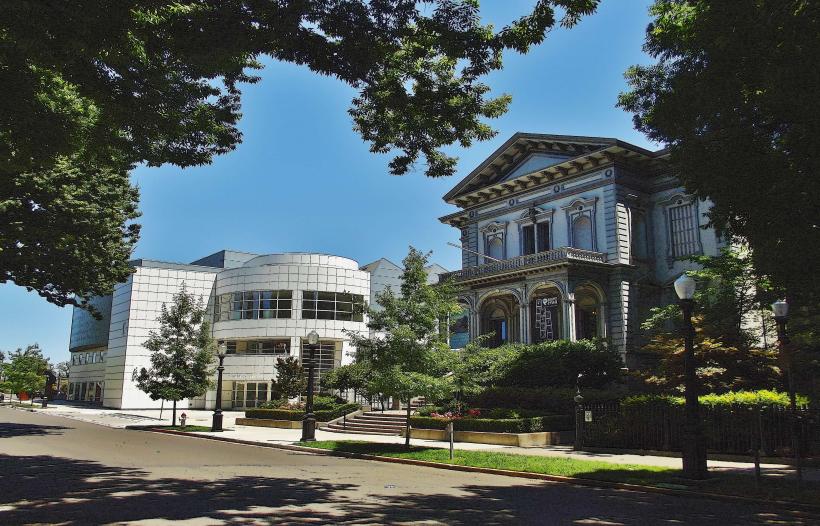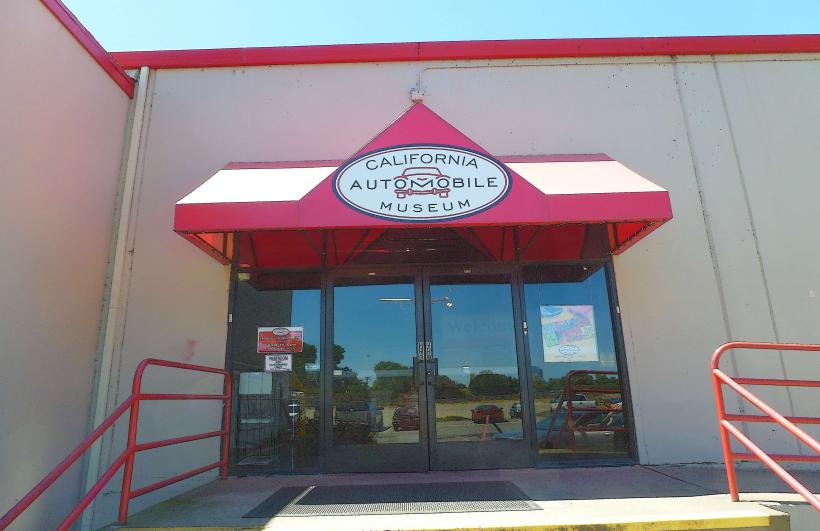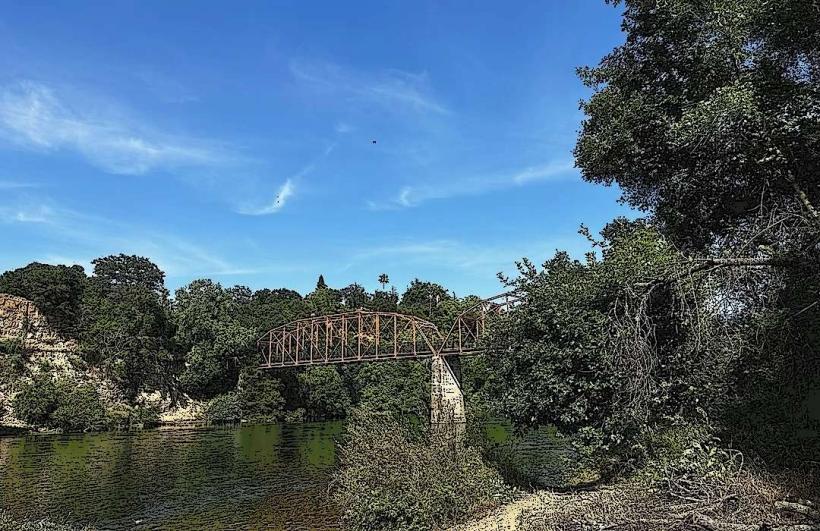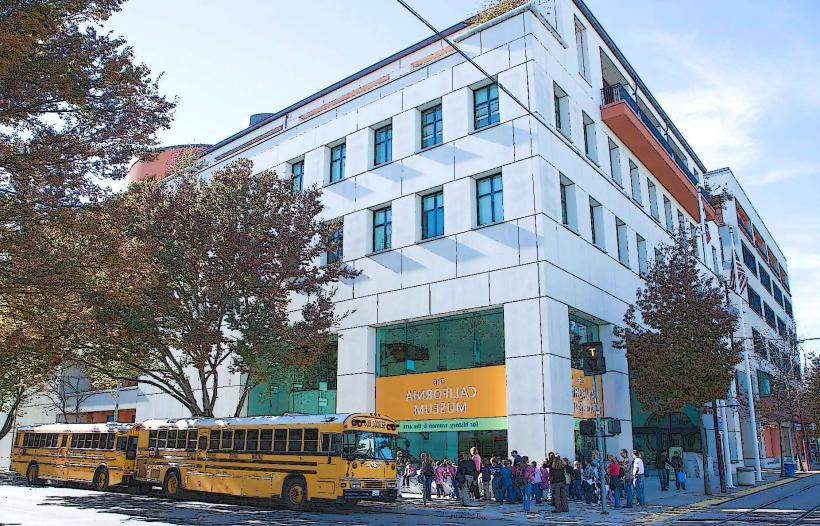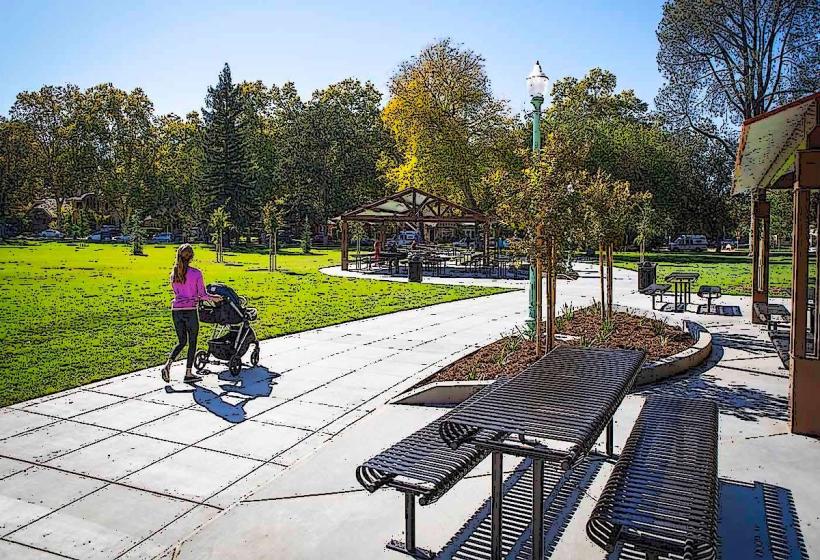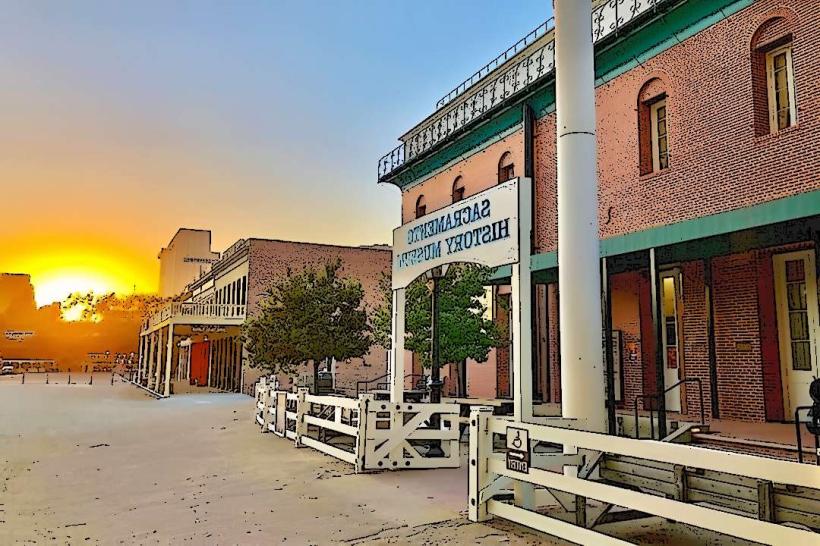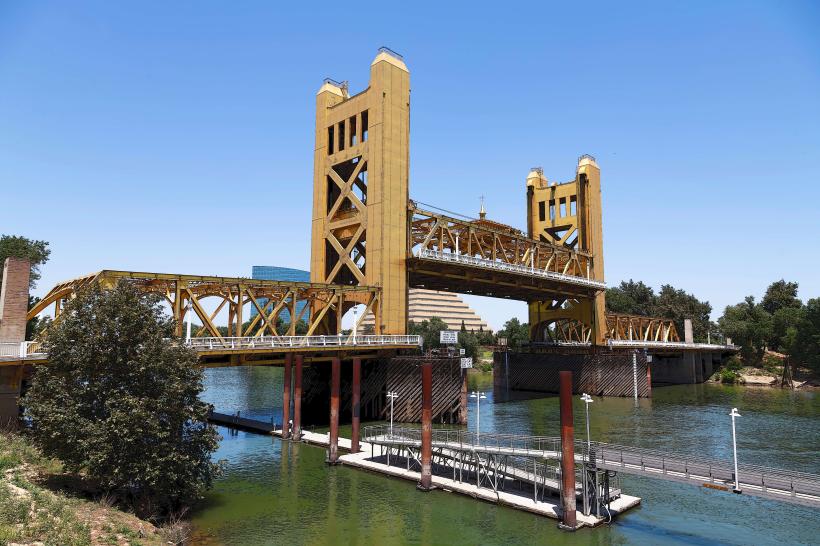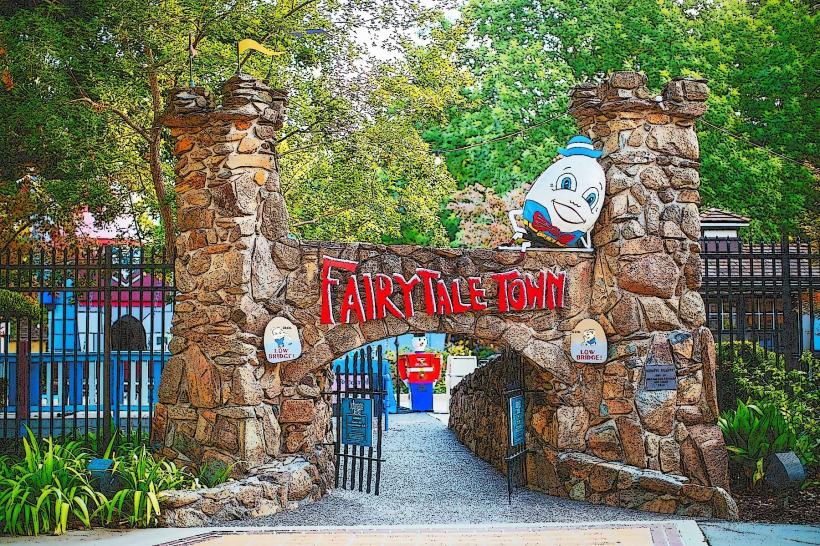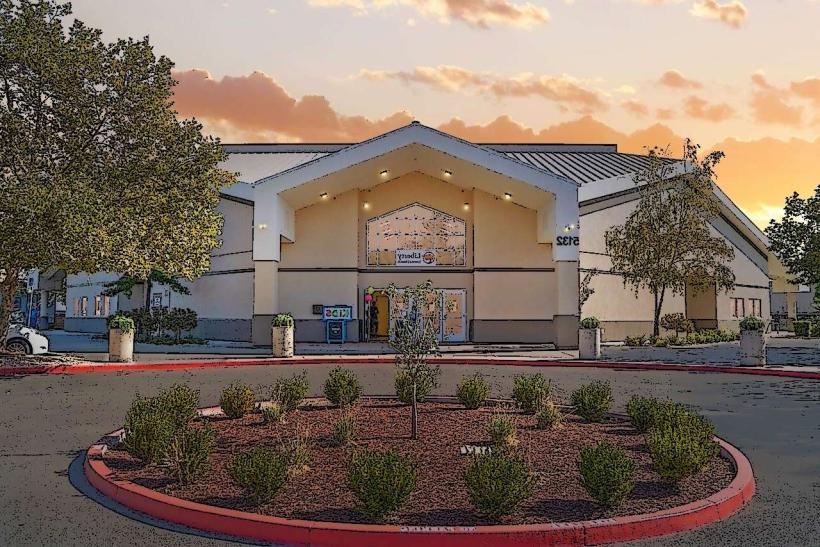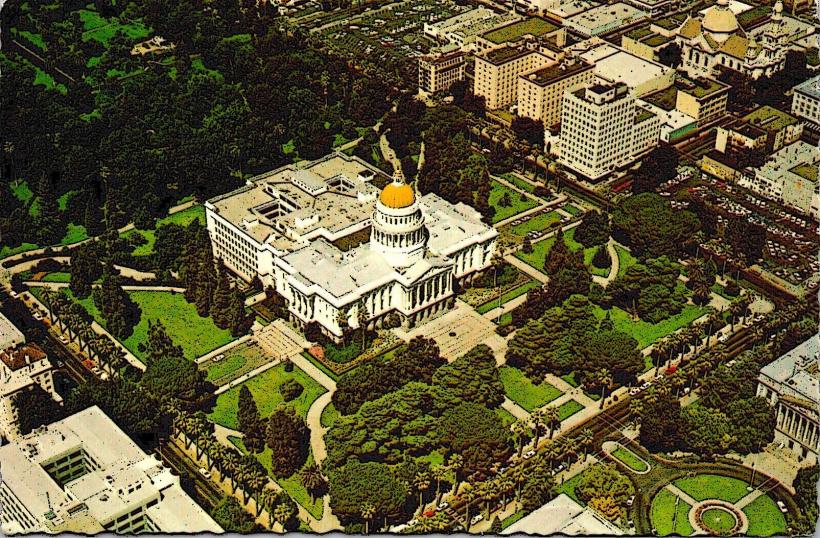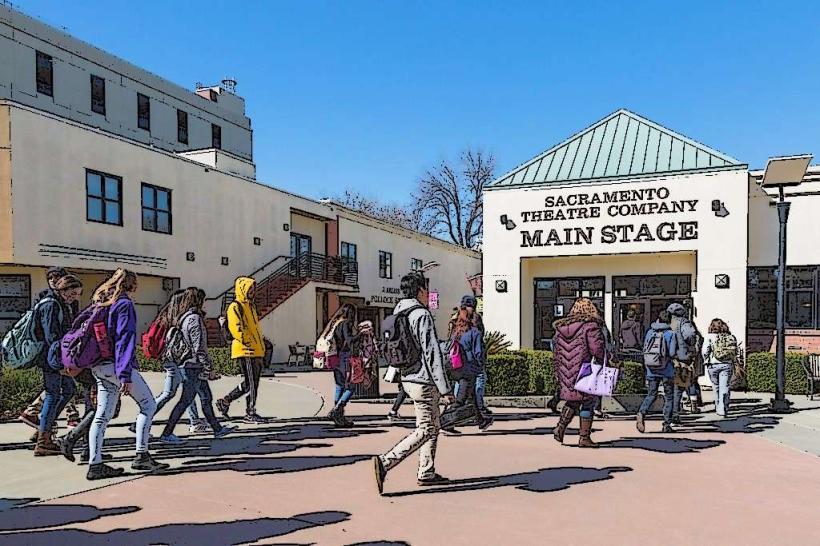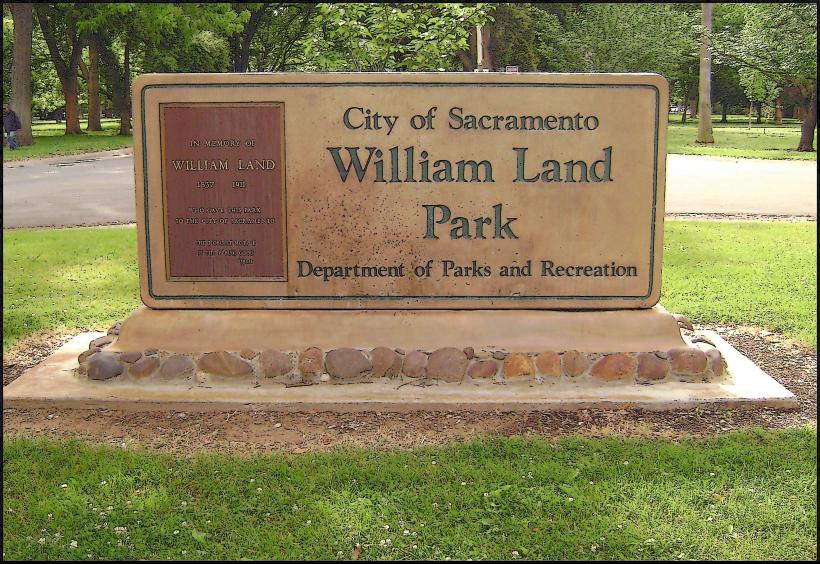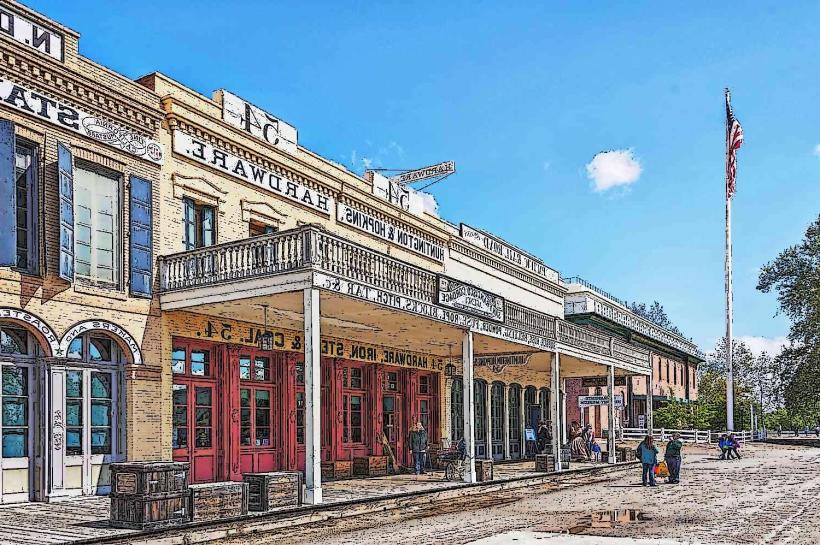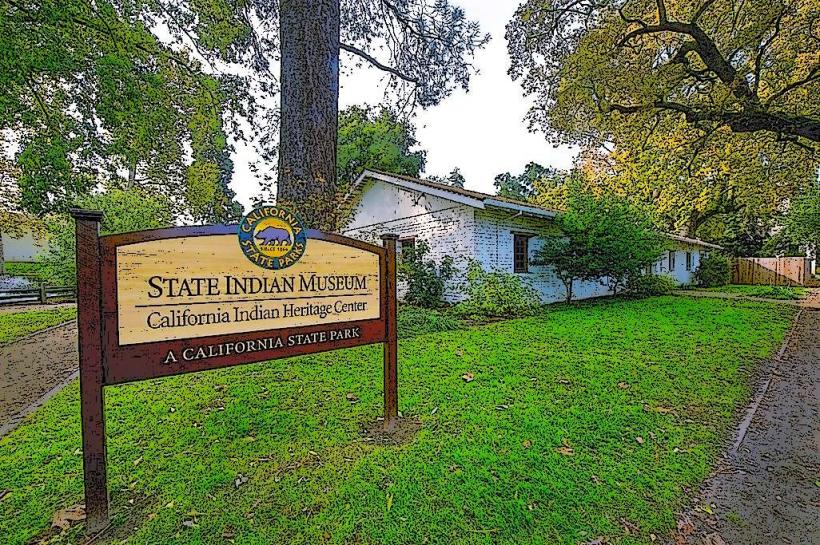Information
Landmark: Governor’s Mansion State Historic ParkCity: Sacramento
Country: USA California
Continent: North America
Governor’s Mansion State Historic Park, Sacramento, USA California, North America
The Governor’s Mansion State Historic Park in Sacramento is one of California’s most historically significant landmarks. It preserves the former official residence of the state’s governors and serves as a richly furnished museum reflecting over a century of California's political and domestic history. Here's a detailed look at its history, architecture, significance, and current status:
Historical Overview
Built in 1877 by local hardware magnate Albert Gallatin, the mansion originally served as a private residence. Gallatin was also a business partner of Leland Stanford, one of the “Big Four” railroad tycoons.
In 1903, the State of California purchased the mansion for $32,500 to serve as the official residence for the governor. This marked the beginning of its role as the gubernatorial home, continuing for 64 years.
Thirteen governors lived in the house from 1903 to 1967, including notable names such as George Pardee, Earl Warren, and Pat Brown.
Ronald Reagan was the last governor to live in the mansion. He and his family resided there only briefly in 1967 before moving to a leased residence due to concerns over the building’s age and safety.
Architectural Details
The mansion is a fine example of Second Empire-Italianate architecture, popular in the late 19th century. This style is characterized by:
Mansard roof with dormer windows
Ornamental ironwork and brackets under the eaves
High ceilings and large bay windows
Decorative woodwork and carved moldings
The building has 30 rooms across three floors, including bedrooms, parlors, a library, servant quarters, and formal dining areas.
Furnishings include French mirrors, Persian rugs, Italian marble fireplaces, and antique furniture, many pieces of which are original or period-accurate restorations.
The structure sits within a lush garden with century-old trees and preserved walkways that reflect a bygone era.
Use and Restoration
After Reagan’s departure, the building was no longer used as a residence. In 1970, it was opened to the public as a State Historic Park and listed on the National Register of Historic Places.
In the decades following, the mansion functioned as a museum with docent-led tours showcasing how governors and their families lived.
In the early 2010s, the state undertook a $4.1 million renovation to modernize the mansion’s infrastructure—installing updated wiring, plumbing, and fire safety systems while preserving its historic character.
In 2015, Governor Jerry Brown moved back into the mansion, becoming the first to do so in nearly 50 years. However, the return was short-lived, and in 2019, Governor Gavin Newsom opted to reside elsewhere, leaving the mansion once again vacant.
Current Status
The mansion is currently managed by California State Parks and operates primarily as a museum and historic site, though it remains designated as the official residence of the governor.
It is located at 1526 H Street, within Sacramento’s urban downtown, close to the State Capitol.
Guided tours are available, which explore both the public and private spaces of the home, sharing stories of political decisions, family life, and the evolution of California’s leadership.
Occasionally, the site is used for state functions, educational programs, and civic events.
Cultural and Political Importance
The Governor’s Mansion is more than a home; it represents a living timeline of California governance, where state decisions, family milestones, and social traditions intersected.
It serves as a symbol of continuity and change, housing governors from the Progressive Era through the Civil Rights Movement.
It also mirrors the evolution of the state's governance infrastructure, reflecting changes in housing, security, and the role of the governor in public life.
The Governor’s Mansion State Historic Park remains a cherished cultural landmark, blending Victorian grandeur with California’s vibrant political heritage.

